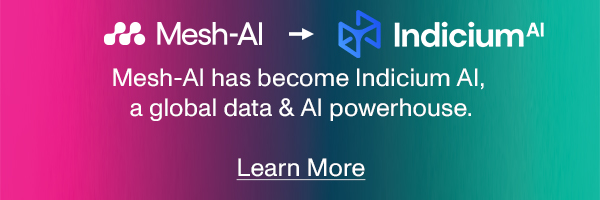


In the fast-evolving AI landscape, regulation stands as a critical guardrail, ensuring the safe and ethical integration of AI technologies into enterprise operations.
The recent agreement on the EU AI Act marks a pivotal moment in the realm of artificial intelligence regulation. Let's delve into its key implications and ponder their impact.
Risk-Based Approach: High-risk AI systems now face stringent obligations, including mandatory assessments of fundamental rights impacts. This tiered system categorises AI based on its potential risk, ensuring that more scrutiny is applied where necessary.
Regulation of Foundation Models: Echoing President Biden's Executive Order, the Act regulates models requiring immense computational power (10^25 flops), targeting the largest language models. This move underscores the growing concern around the ethical and societal impacts of powerful AI systems.
Prohibitions and Compliance Deadlines: The Act bans several AI applications, such as sensitive biometric categorization, untargeted scraping for facial recognition databases, emotion recognition in workplaces and educational settings, social scoring, manipulation of human behaviour, and exploitation of vulnerable groups. Companies have only six months to comply, highlighting the urgency of ethical AI practices.
Transparency for High-Risk Systems: High-risk AI must adhere to transparency standards, promoting openness and accountability in AI operations.
Bias Management and Non-Discrimination: High-risk AI systems are mandated to effectively manage biases, ensuring non-discrimination and respect for fundamental rights. This is crucial for fostering AI that aligns with societal values.
Comprehensive Documentation: Providers must maintain detailed documentation of their high-risk AI systems. This includes methodologies, datasets, and oversight measures, reflecting a commitment to responsible AI development and deployment.
Human Oversight Requirement: The Act emphasises the need for human oversight in high-risk AI applications, safeguarding against potential risks and preserving human judgement in AI interactions.
Significant Sanctions for Non-Compliance: The Act imposes hefty fines for non-compliance, stressing the financial implications of disregarding AI regulations.
Strategic Adjustments: Businesses using technologies now classified as prohibited face substantial strategic adjustments. Enhanced transparency could challenge intellectual property protection, necessitating a delicate balance.
Investment in Data Quality: Companies might need to invest in higher-quality data and bias management tools, increasing costs but potentially enhancing AI fairness and quality.
Administrative Burden: The documentation requirements will likely increase administrative burdens and affect the time-to-market for new AI products. Integrating human oversight necessitates changes in system design and staff training, while the potential for significant fines underscores the financial risks of non-compliance.
Importance of Legal Advice: This development signals a new era in AI regulation, where legal advice becomes crucial for navigating the complexities of compliance. It’s also important that legal teams are embedded in the AI journey and that they fully understand objectives and design of AI projects from the outset.
For all the talk around AI regulation, it appears we are in a new paradigm. This will necessitate a shift for businesses, who must adapt and align with these emerging norms in AI governance. Regulation should be seen as an effective guardrail, not an obstacle, to developing and scaling AI in a responsible manner while meeting the objectives of the organisation.
Find out why federated data governance is the secret sauce of data innovation
We'll be discussing governance and regulation in greater depth at our Data & AI Symposium, register here
